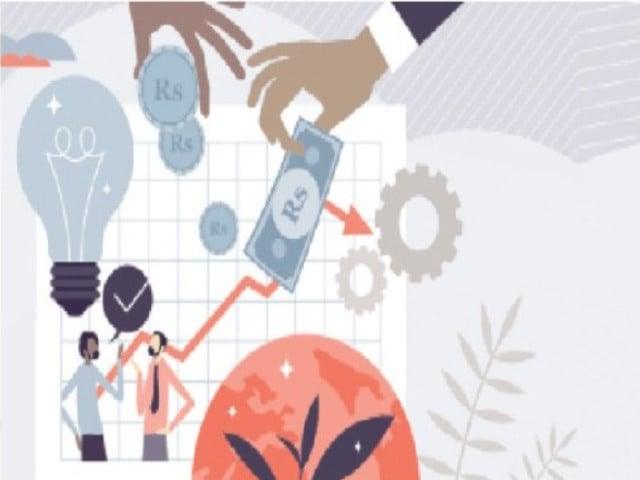Islamabad:
The Energy Division said on Tuesday that there was no plan to impose a surcharge on electricity bills to assume the cost of commercial loans taken from banks to withdraw the circular debt.
An official of the Power division revealed this during a public hearing made to consider a motion of the division that seeks a tariff reduction of up to RS1.15 per unit due to the overflow. The division reported the audience that the average national rate would be reduced from RS32.73 per unit to RS31.59 per unit, a decrease in RS1.14. The authorities said the base rate for all consumers, with the exception of Lifeline consumers, would decrease by RS1.15 per unit.
Tanveer Bari, which represents the Karachi Chamber of Commerce and Industry, raised the issue of a new energy surcharge in electricity bills. He argued that the government was going to give relief from RS1.15 per unit, but at the same time it was preparing to slap a surcharge of RS3.23 per unit due to loans taken from the banks.
He said the surcharge could increase in case of lower electricity consumption. Bari protested for only one day to review the motion and other people also approached Nepra, asking him to give at least seven days in that regard.
He begged the regulator not to approve the petition, adding that the Government had claimed great relief after the agreements with independent energy producers, but in reality it was a very thin relief.
He also criticized the growing fixed positions for industries and demanded the elimination of a limit in the net solar measurement to boost industrial activities.
Another intervening Amir Sheikh questioned the relief given to consumers. Some intervenings indicated that the industry was enjoying a RS6 relief per unit until June 30, but industrial rates would increase in RS5 per unit after the exception of tariffs.
Discos are criticized to overload
Nepring officials said that energy distribution (disc) companies were denying tariff relief to protected consumers manipulating the reading of electricity meters.
The discos increase the consumption of units to get consumers out of the protected category of 200 units to send high invoices, they said, and added that they had received several complaints and were investigating the matter.
Rehan Javed, an intervener, said that the real rate was not taken into account in relation to the K-Electric (KE) uniform rate. It was feared that Karachi consumers had to pay a surcharge if the real rate did not take into account during the overflow.
He asked about the tariff structure and asked for attractive industries or industrial associations in the relocation of rates. He argued that B3 meters consumers were suffering losses; Therefore, a separate rate for them must be established.
Javed emphasized that the sanctioned load for industries should be improved to help increase Pakistan exports. He also asked to rectify the anomaly in the maximum consumption hours for the industries, adding that a new tariff design must be framed.
The intervener asked who was paying network maintenance charges and proposed fixed charges for net solar measurement.
The Industrial Arif Bilwani argued that the power division had presented a petition in anticipation of cabinet approval. However, Power division officials said the cabinet had already approved the relocation of tariffs.
He also raised the question of cold stores, which had been delayed due to the failure of Power’s division by inventing comments. Nepra asked why the division had not given its comments and raised the legal question if the regulator could give its decision without comments from the power division. Division officials said they were working to seek the approval of the cabinet with respect to cold stores.
Major citizen Tariq Abdul Majeed highlighted the highest rates than consumers paid with more than 200 units in a month. Responding to that, the officials of the power division clarified that the government was giving a subsidy to the people who consumed up to 200 units.




